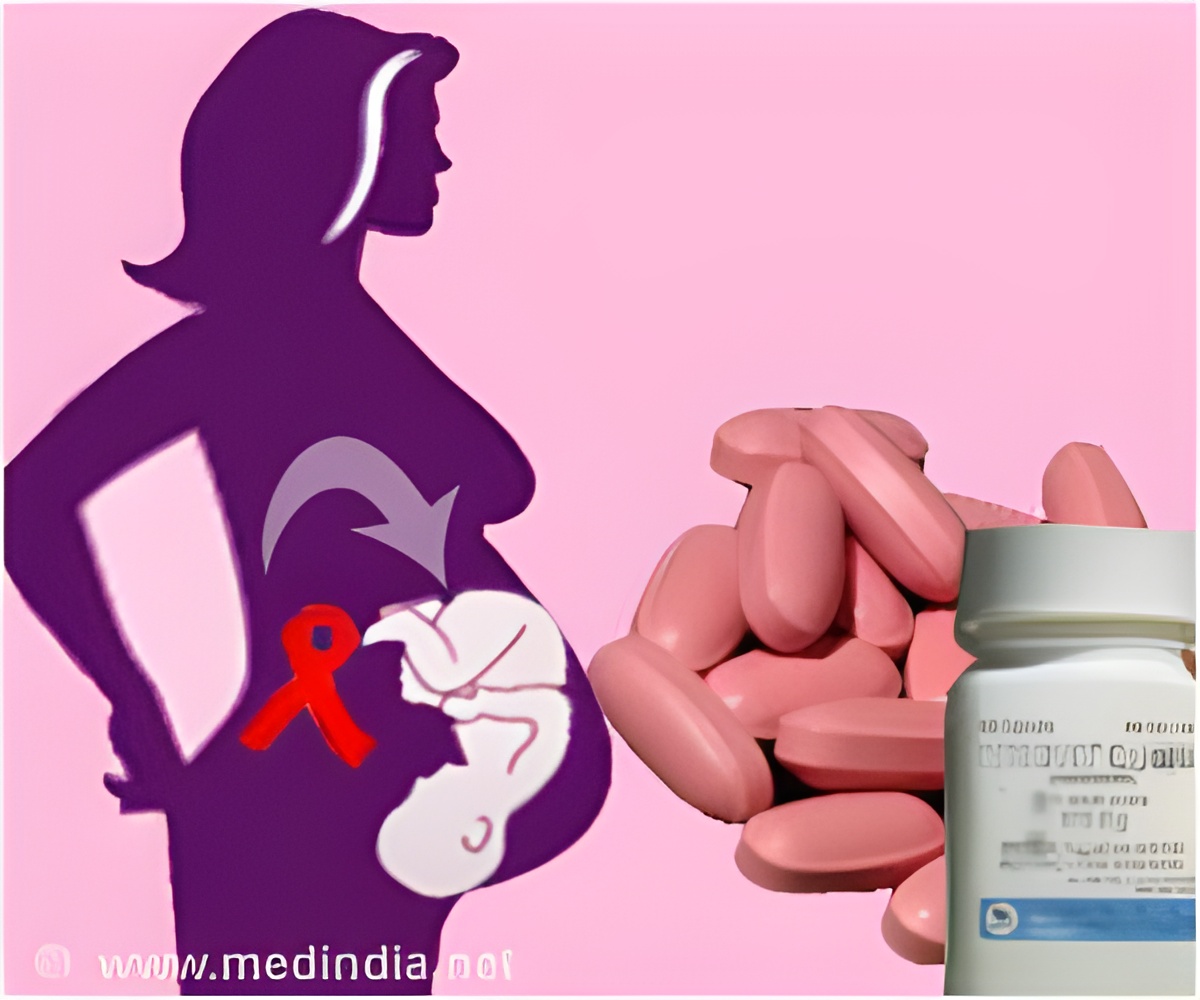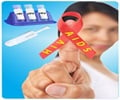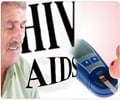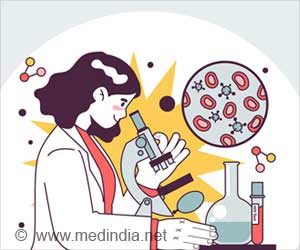A study is looking to answer whether the drugs often given to HIV-positive pregnant women can cause significant long-term heart problems for the non-HIV-infected babies they carry.

"What our study indicates is that there's potentially a long-term price to be paid for protecting the children of HIV-infected mothers from the virus," said Steven E. Lipshultz, M.D., pediatrician-in-chief at the Children's Hospital of Michigan and chair of pediatrics for the Wayne State University School of Medicine. Dr. Lipshultz is a specialist in the study of long-term toxic cardiac effects among children affected by cancer and HIV drug therapies.
"These medicines have been very effective at reducing the rate of transmission of HIV from mother to child," added Dr. Lipshultz, the lead author of the study, "but the findings we've just published show clearly that further investigation of their long-term impact on the heart health of the children involved is needed.
"Thanks to the new anti-HIV medications, the rate of transmission has been lowered from 26 percent to less than 1 percent during the past few decades, and that has been a miracle of life for the children involved. Still, we don't want to be protecting these children from one disease, only to give them another one."
The study compared heart development and long-term heart functioning in 428 uninfected children of HIV-infected mothers to children who had not been exposed to HIV from 2007 to 2012. The results pointed to a significant association between lagging heart muscle development and impaired pumping ability in the children of the HIV-infected mothers who had received the medications.
"These findings clearly indicate the need for further study," said Dr. Lipshultz, while pointing to one of the study's key conclusions: "Subclinical differences in left ventricular structure and function with specific in-utero antiviral exposures indicate the need for a longitudinal study to assess long-term cardiac risk and cardiac monitoring recommendations."
Advertisement
The Children's Research Center of Michigan team, located at the Children's Hospital of Michigan, involved with this National Institutes of Health-supported multicenter study includes James Wilkinson, M.D., associate director of the center and professor of pediatrics, and research assistant Joslyn Westphal, M.P.H.
Advertisement
"At the end of the day, our goal at the Children's Hospital of Michigan is to provide the very best possible care for our patients," Dr. Lipshultz said. "Studies like this one are crucially important for meeting that challenge."
The PHACS (Pediatric HIV/AIDS Cohort Study) is the largest US government study of pediatric HIV and AIDS with over 30 centers. It is a trans-National Institutes of Health study with 10 NIH institutes and centers participating and funding PHACS. Since PHACS's inception more than a decade ago, Dr. Lipshultz has been the NIH-funded cardiology leader of PHACS, a member of its scientific leadership group, and the inaugural and only chair of the NIH PHACS Cardiovascular Task Force, the group which led this study.
Source-Eurekalert









